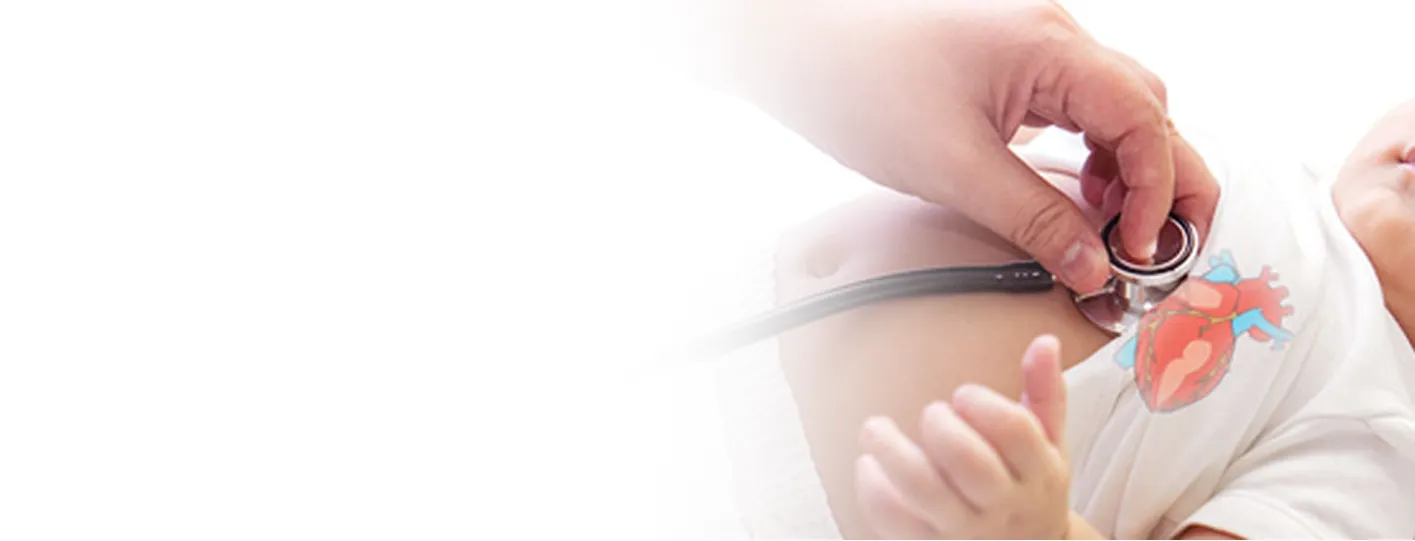



To recognize heart issues, you need to closely observe the following symptoms of heart disease in children.
The heart may pump insufficient blood and oxygen. This can cause the child to get tired quickly, even during mild activities or feeding in infants.
A heart defect affecting blood flow can cause low oxygen levels in the blood. This can cause a bluish or grayish color of lips, tongue, or nails (also known as cyanosis).
The heart or lungs may be finding it difficult to function properly due to any condition. This can cause the child to breathe faster to get sufficient oxygen.
Weak heart function in children can make feeding tiring. This can cause extra sweating in kids due to the stress on their bodies.
Abnormal heart rhythms lead to children feeling as if their heart is racing, fluttering, or skipping beats.
It is less common in children than in adults; these symptoms can signal heart problems during activity.
Heart failure can lead to fluid buildup, which can cause swelling in areas like the legs, belly, or around the eyes.
If a kid faints or passes out, especially with exercise. This may indicate insufficient blood flow or oxygen during any kind of physical exertion.
If these symptoms appear, this indicates it's time to see a Pediatric cardiologist near you.
Note: Symptoms of heart conditions in children can vary and could overlap with other common childhood illnesses. Consult a qualified doctor for an accurate diagnosis of the underlying cause and a proper treatment based on careful evaluation and tests.
To contact the best children's heart doctor, you can consider the following points:
Let’s move beyond the myth that older adults are affected by heart disease; it affects children, too. That's why, as a parent, you need to be aware of pediatric heart conditions so that you can recognize symptoms early. And contact a pediatric cardiologist in time so that you can ensure the right treatment and healthier outcomes for your child’s heart and overall health.
Q1: What are the signs of heart failure in children?
A: Signs of heart failure in older children may include:
Symptoms of heart failure in infants may include rapid breathing or breathing that appears to take more effort, a fast or strong heartbeat, and improper weight gain
Q2: What is the most common heart disease in children?
A: The most common heart disease in children is congenital heart disease, which is a structural problem or defect like holes in the heart (atrial or ventricular septal defects).
Kawasaki disease and rheumatic heart disease are the most common acquired heart diseases in children.
Q3: Can a 5 year old have heart disease?
A: Yes, a 5-year-old can have heart disease; these can be congenital or acquired heart conditions that can be diagnosed at any age, including early childhood.
From Recent Advancements in Heart Care to Tips and Tricks to make your Heart Healthy Again, stay updated with reliable and informative blogs by our experts.